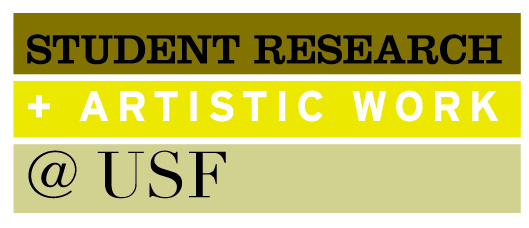Major
International Development Economics
Research Abstract
According to recent research, teachers contribute to around 30% of the overall variation in student achievement and success – more than any other influencing factor. This study seeks to understand how different types of incentives (monetary, near monetary and non-monetary incentives) influence the “effort” of public school teachers in Lagos, Nigeria using a novel measurement tool – the teaching effectiveness survey – to measure the teachers’ outcomes. Using a randomized control trial where students evaluate the changes in their teachers’ effort with a standard teaching effectiveness survey and differences in differences estimation, we show how incentives could potentially improve (or harm) teaching effectiveness and concurrently spill over into student success. The results show that monetary incentives seem to be more effective than the alternatives in improving teacher effort. In terms of policy implications, this means that we must adequately compensate public school teachers in order to see improved teaching behavior and possibly, enhanced learning outcomes for their students.
Faculty Mentor/Advisor
Alessandra Cassar
Incentives and Teacher Effort : Evidence from Lagos, Nigeria
According to recent research, teachers contribute to around 30% of the overall variation in student achievement and success – more than any other influencing factor. This study seeks to understand how different types of incentives (monetary, near monetary and non-monetary incentives) influence the “effort” of public school teachers in Lagos, Nigeria using a novel measurement tool – the teaching effectiveness survey – to measure the teachers’ outcomes. Using a randomized control trial where students evaluate the changes in their teachers’ effort with a standard teaching effectiveness survey and differences in differences estimation, we show how incentives could potentially improve (or harm) teaching effectiveness and concurrently spill over into student success. The results show that monetary incentives seem to be more effective than the alternatives in improving teacher effort. In terms of policy implications, this means that we must adequately compensate public school teachers in order to see improved teaching behavior and possibly, enhanced learning outcomes for their students.



